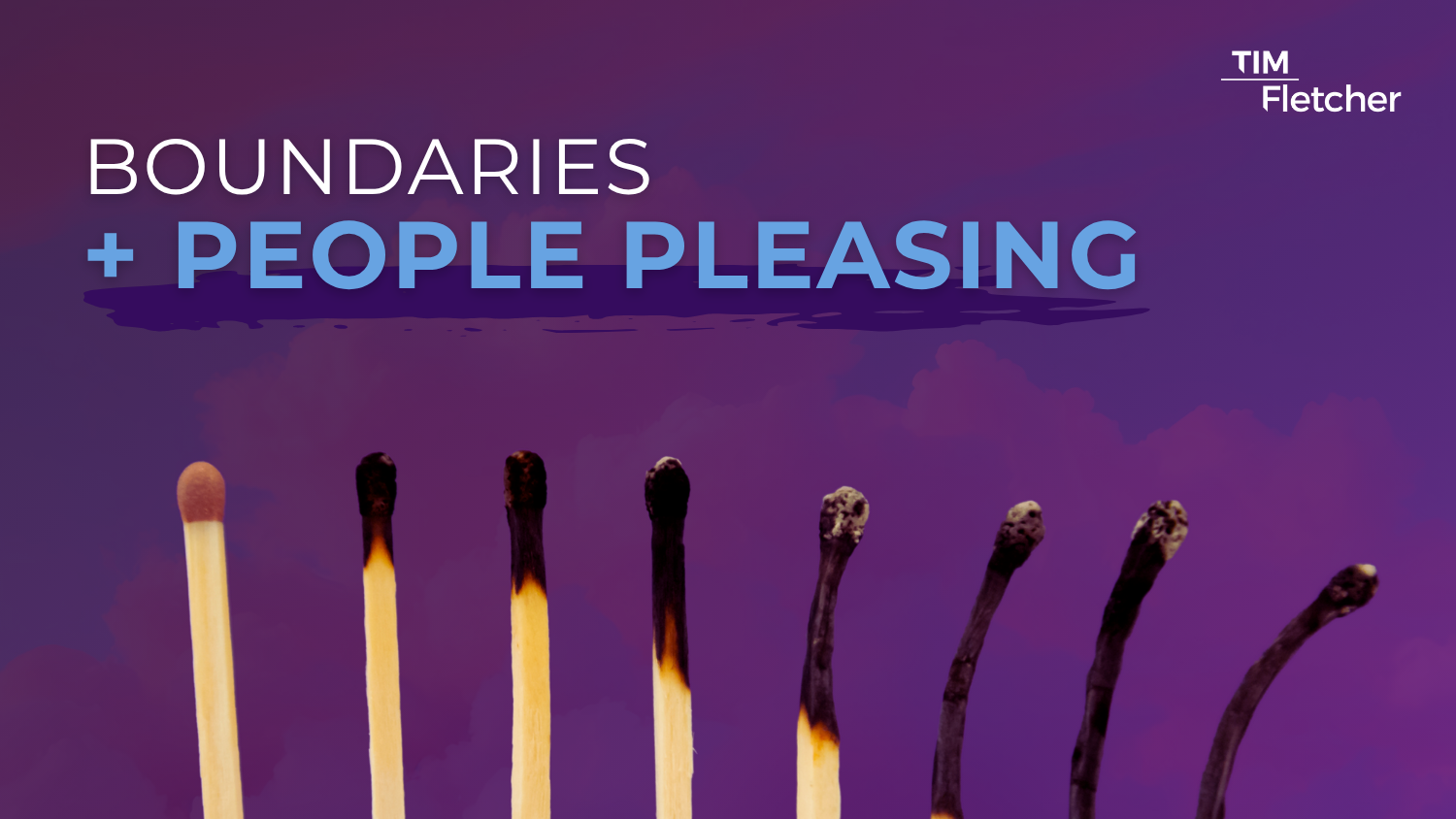Perfectionism is the seemingly safe solution to shame that silently fuels the cycle of complex trauma
For many people who’ve lived through complex trauma, perfectionism doesn’t come across as a problem at first. In fact, it can feel like a solution — a clever, promising one. The mind quietly whispers: “If I’m perfect, I’ll finally be okay.”
Perfectionism tells you that if you get everything just right, you’ll finally feel self-respect, that you’ll accept your own weaknesses, that others will love you, and that you’ll never be a burden or get hurt. It feels like a path toward safety and worthiness — a way to manage shame by outworking it.
But what’s actually happening under the surface is that shame is still in control — it’s just wearing a tidy, productive mask.
Why Many Don’t Recognize It in Themselves
Many people don’t even know they’re caught in perfectionism. They might say they just have “high standards,” or that they’re hardworking, responsible, or committed to doing things right. What they don’t always see is that beneath that drive is a painful belief: “If I’m not perfect, I’m not enough.” And that belief has roots in trauma and shame.
Signs Perfectionism Is Running the Show
This section of the talk gently walks through what perfectionism can look and feel like, even when someone doesn't label themselves as a perfectionist:
You constantly feel like you're failing, even when you do well.
You find it hard to be vulnerable — worried others might see weakness.
You tend to control people or situations to avoid risk or uncertainty.
You focus more on outcomes than the journey or the process.
“Good enough” never feels good enough.
Tasks take longer because you're stuck perfecting every detail.
You often procrastinate — putting things off because you’re afraid you won’t do them perfectly.
You overthink constantly, obsessing about what needs to be done and how.
You beat yourself up for not meeting unrealistic expectations.
You struggle with emotions — they feel too messy or unpredictable.
You hide or reject parts of yourself you see as “weak.”
You feel guilty for resting or saying no.
You fear failure because deep down, it feels like rejection or abandonment.
You don't understand unconditional love — you believe you must earn love through achievement.
You compare yourself constantly, and you’re afraid to ask for help.
All of this is fueled by a desperate drive to feel okay — to stay safe by being flawless. But because perfection isn’t possible, it creates a loop that feeds more shame.
The Deep Cost of Perfectionism
Here’s where the speaker gently challenges the listener to look more deeply. While perfectionism might be praised by others or disguised as discipline or excellence, it comes with real emotional and relational consequences:
It becomes a cruel taskmaster — always pushing, never satisfied.
It leads to burnout — because you're constantly driving yourself, without rest or compassion.
It warps your sense of conscience — making you feel guilty just for being human, for resting, or for doing something “good enough.”
It hurts your relationships — making it harder to be vulnerable, ask for help, or let others truly see you.
And most importantly, it keeps feeding the very shame you’re trying to escape.
The Real Way Out: Kindness, Acceptance, and Good-Enough Living
Healing begins when you start to realize perfection does not lead to love, worth, or safety. You can do this by:
Accepting who you are, even the parts you’ve been taught to hate.
Allowing “good enough” to actually be enough.
Learning to rest without guilt.
Making peace with being imperfect, and still deeply worthy of love.
Perfectionism may have felt like a path out of shame — but in reality, it keeps the shame alive. Freedom begins with acceptance, not improvement.
A Final Word of Encouragement
Perfectionism often begins as a well-intentioned attempt to outrun shame — a way to feel safe, worthy, and in control. But over time, it becomes a cycle of self-criticism, emotional exhaustion, and disconnection from self and others.
What once felt like protection turns into pressure, and the constant striving only deepens the sense of not being enough.
Healing doesn’t come from achieving more, but from softening toward yourself — letting go of impossible standards and allowing your humanity to be seen, held, and accepted.
You are already worthy, exactly as you are.
Additional Resources to Support Your Journey
You don’t have to navigate this path alone. Explore these resources designed to support and empower you:
- ALIGN Courses: Practical, self-paced, trauma-informed tools to help you navigate recovery with clarity and confidence.
- Article: Read “Being a Chameleon – “How Complex Trauma Shapes Your Sense of Self” for actionable insights into overcoming trauma’s long-lasting effects.
Healing is a journey of self-discovery and empowerment. You don’t have to walk it alone. Let’s take the first step together































